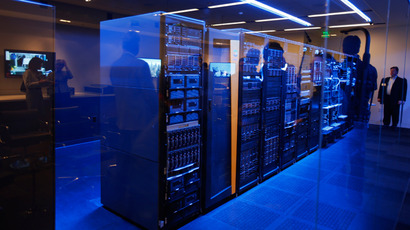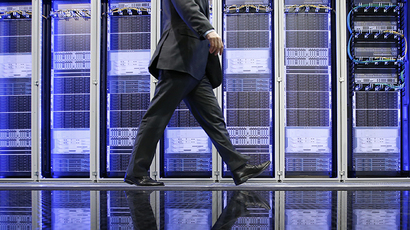Google building quantum computer processor with top university research team
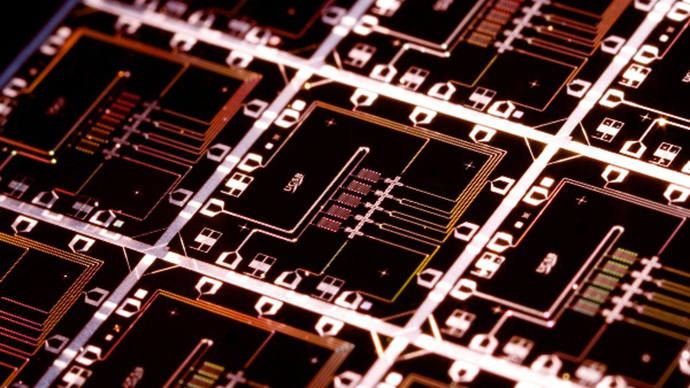
Google is leaping back into the quantum computing business, partnering with scientists at University of California, Santa Barbara (UCSB) to build cutting-edge processors. The developers hope to build a revolutionary machine, which has eluded them so far.
The internet giant’s Quantum Artificial Intelligence team, led by director of engineering Hartmut Neven, has teamed up with researchers from the UCSB Physics Department’s Martinis Group, led by John Martinis. The combined Google and UCSB scientists are launching “a hardware initiative to design and build new quantum information processors based on superconducting electronics,” Neven wrote in a blog post.
Quantum computers aim to use properties of subatomic particles to perform calculations millions of times faster than conventional computers, according to Computer World. The way these new computers will work is radically different. While computers today use electrical transistors to represent binary code (a digital language where strings of ones and zeros combine to create commands that the machine will follow), quantum computers will use qubits ‒ or quantum bits ‒ which rely on laws of quantum mechanics to achieve multiple states at once.
The ability to hold multiple states at the same time is an aspect of quantum mechanics called superposition. “This notion holds that any physical object, such as an atom or electron — what quantum computers use to store information — can exist in all of its theoretical states simultaneously. This could take parallel computing to new heights,” UCSB wrote in a statement.
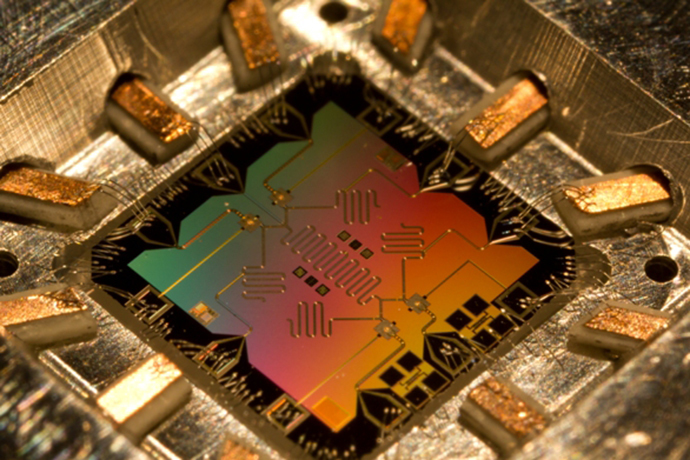
The result would be that these new computers could perform multiple calculations in parallel, vastly increasing their processing power.
But qubits are unstable, which means that much of what the group will be researching remains in the realm of science fiction. “A fully functional quantum computer is one of the holy grails of physics,” UCSB wrote.
Neven believes the combination of the Google researchers with Martinis ‒ who recently won the London Prize for his pioneering advances in quantum control and quantum information processing ‒ will move the field forward.
“With an integrated hardware group the Quantum AI team will now be able to implement and test new designs for quantum optimization and inference processors based on recent theoretical insights as well as our learnings from the D-Wave quantum annealing architecture,” Neven wrote.
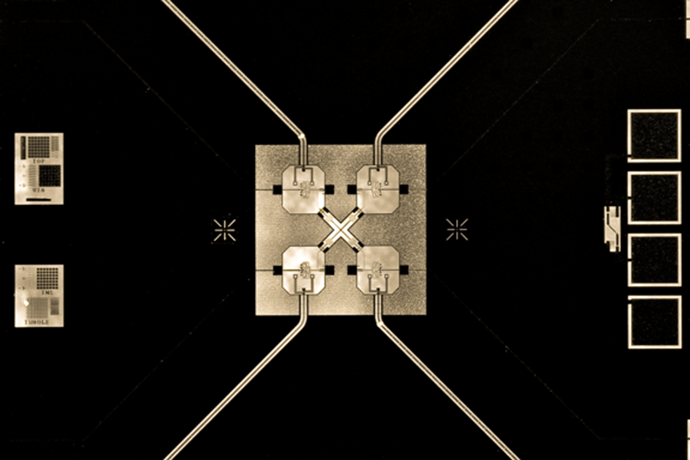
The current partnership is Google’s second major foray into the quantum computing field. In 2013, D-Wave Systems released the D-Wave 2, its first “self-proclaimed” quantum computer (at a cost of $15 million), according to The Verge. Google bought one, and launched a new lab to “to test the device's powers more rigorously than they’d ever been tested before.” In October, Google’s lab announced a discovery that provided strong evidence for quantum effects in the computer.
But in April, a study published in Science found that the D-Wave 2 was no faster than conventional computing. Scientists at ETH Zurich, aided by Microsoft Research, matched up the quantum machine against conventional computers on a set of problems intended to suit the quantum machine's strengths. Their conclusion was that the D-Wave computer “might be quantum-powered, but it didn't run any faster because of it,” The Verge reported.
The Google-UCSB group will collaborate with D-Wave scientists, experimenting on an upgraded machine with a 1,000-qubit processor, Neven wrote. “We view this as a complementary approach to what D-Wave is doing,” Martinis told the Wall Street Journal.
Earlier this year, the UCSB team published a paper in Nature featuring a five-qubit array. It showed advances in correcting certain errors that can occur during the fragile conditions that create quantum effects, according to the Journal. Martinis told the Journal he hopes the new project will yield technology that “will not lose its memory” as fast as earlier hardware.













